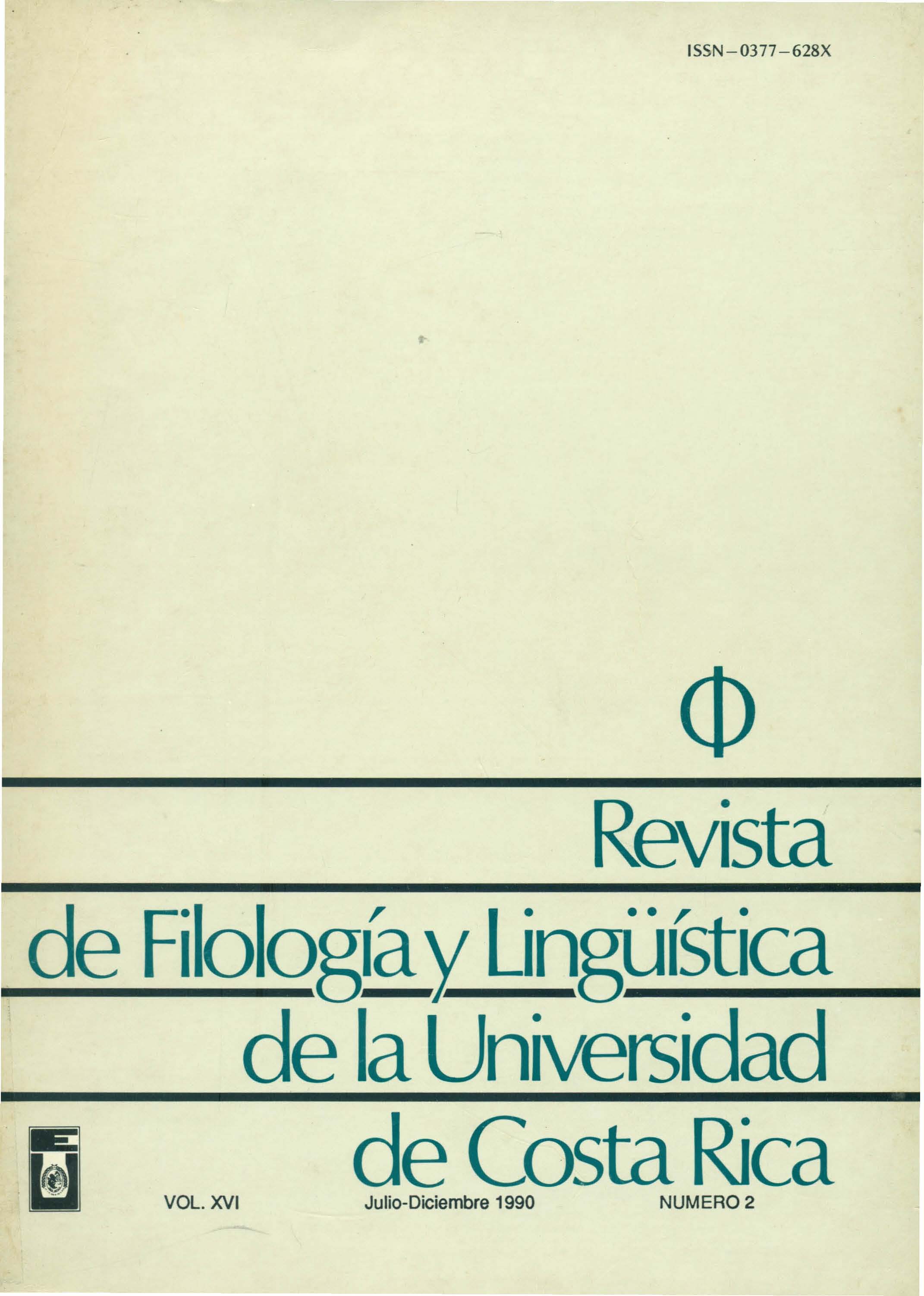Abstract
Se propone que cada frase Inglés no contiene sólo el tiempo (pasado y no pasado), sino también de aspecto (perfectivo y imperfectivo). Mientras que otros idiomas pueden marcar aspecto formal, en Inglés es con frecuencia una categoría encubierta y puede dar lugar a ambigüedades, sobre todo en el lenguaje escrito. La interacción de aspecto y el tiempo con los diferentes modales se muestra en un esfuerzo para describir la forma en que los diferentes modales se han de interpretar semánticamente.
It is proposed that every English sentence contains not only time (past and non-past) but also aspect (perfective and imperfective). Whereas other languages may mark aspect formally, in English it is frequently a covert category and may give rise to ambiguities, especially in the written language. The interaction of aspect and time with the different modals is shown in an effort to describe the way the different modals are to be interpreted semantically.

